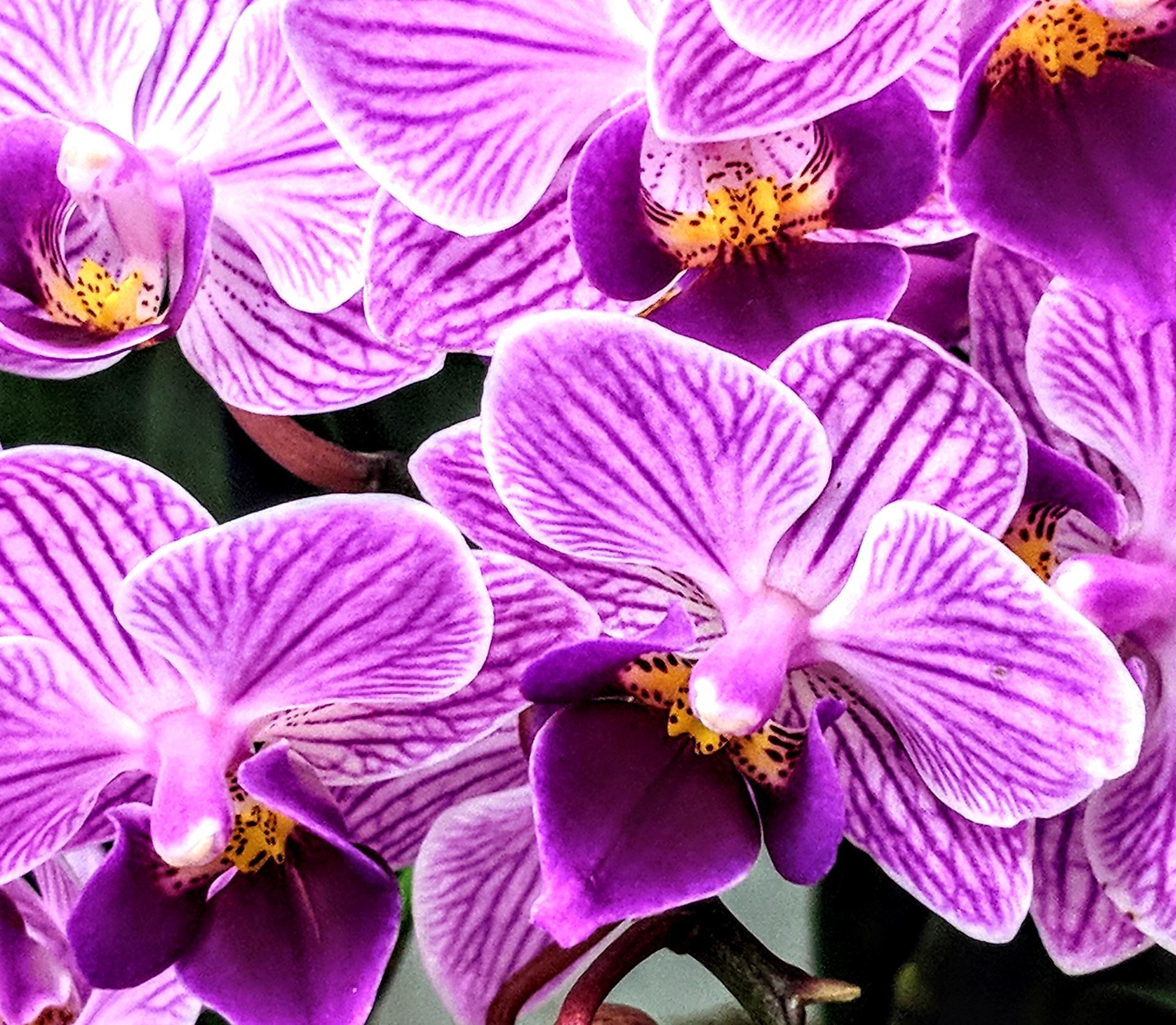| Diversity Policy
(Extract from The Rainforest Allince website) The ICMTA’s reason-for-being is to support conscious movement teachers to enable the unique dancer in every body to adventure onto the dance-floor, and into the world, expressing their embodied self, and making their connected contribution to the whole. The conscious movement practices supported by the ICMTA are founded on a celebration of the diversity of life, and on our deep interconnectedness with that diversity. The ICMTA recognises and celebrates the richness of the different ways life forms itself on planet Earth, and shows up in movement on our dance-floors. Prejudice & Discrimination The ICMTA recognises that many cultures, sub-cultures, organisations and individuals world-wide do not always treat the wide diversity of human life equally, fairly or respectfully. We recognise that some individuals and sub-groups are disadvantaged, while others are privileged. We recognise discrimination in many forms, including in employment, housing, the distribution of wealth, goods and services, the accessibility of health care, the production and provision of cultural opportunities. We recognise that these forms of discrimination are sometimes intentional and sometimes unintentional. The range of human variables where discrimination takes place includes, but is not limited to, discrimination based on race and ethnicity, gender, gender identity (gender non-conforming and trans people), physical size, sexuality, disability, health status, social class, socio-economics, age, and education. The ICMTA recognises that discrimination can happen in other ways and that, like everything in life, patterns of discrimination change over time. Awareness We encourage our members to become aware of unfair, discriminatory attitudes, practices, behaviour or cultures in themselves and their classes, colleagues, communities, organisations, social institutions, sub-cultures and the wider world. Some examples of discrimination: ● Cultivating a culture of welcome for some kinds of people and a culture of disinterest, unwelcome or rejection for others. ● Some dancers consistently taking up more space or air-time proportionately to other dancers. ● Appropriating practices from other cultures without adequate training, permission or acknowledgement of their heritage. ● Advertising workshops that address sexuality or intimacy issues with images of heterosexual relationships only. ● Dancing only with people from one ethnic group and avoiding people from others. ● Using only images of young, slim, white dancers in publicity material. ● Holding classes in a venue that cannot be accessed by someone who uses a wheel-chair for mobility. ● Dismissing concerns from members of disadvantaged groups about mistreatment or discrimination, without fully listening, considering, probing for more information and taking seriously their concerns or complaints. ● Making little or no provision for students to access classes, workshops or trainings who live in significantly different economic circumstances than the middle-class Western world. ● Using exercises that emphasise a gender-binary perspective (men and women) and deny the existence of people who are intersex or gender non-binary (who don’t identify as either a man or a woman). ● Failing to respond to the needs of students with a wide range of health or disability needs (e.g. blindness, fatigue, acoustic sensitivity) – because they are in a minority. Change We encourage our members to challenge and change unfair and discriminatory attitudes, practices, behaviours and cultures wherever they can. Some examples of how we can challenge or change discriminatory attitudes, practices, behaviours and cultures: ● Using venues that are accessible to disabled people. ● Making an effort to appropriately welcome people from minority or disadvantaged social groups in your classes. ● Proactively working to bring awareness to difference and diversity issues within your class. ● Having guidelines or practices in your class to discourage unwelcome touch. ● Welcoming feedback from disadvantaged groups. ● Actively challenging/engaging with discriminatory dynamics in classes. ● Supporting students to read the signs and signals of consensual behaviour. ● Operating a sliding scale or scholarship programme to support people in different or challenging economic circumstances. ICMTA Intent We recognise that promoting diversity and tackling the mechanics of disadvantage and discrimination is a life-long process, to which we commit as an organisation. We also recognise the relative privilege most of our members have in being able to train in and teach conscious movement. As an association made up of those members, there is an on-going need to consider, review and make changes to the way we operate, and what we deliver in the world. Implementation, Monitoring & Future Developments ICMTA is now offering a Diversity Scholarship of up to 500 euros to assist in the training of new teachers from under-represented groups. Please see details here. All working circles have a responsibility to consider the diversity and equality issues that are related to their work. The Board hold the ultimate responsibility for promoting Diversity work within the ICMTA. The Board will include Diversity issues in the Strategic Planning cycle that happens every two years, and will ask working circles to report on Diversity issues at least annually in their updates. In particular, the Board asks:
Download the Diversity Policy as a pdf. May the spirit who dances in creation who embraces us with human love who shakes our lives like thunder bless us and drive us out with power to fill the world with justice.* *Adapted from a blessing from the Christian tradition |

 “Orchids
are the largest family of plants in the entire world. There are 25,000 -
30,000 different species of orchid. Orchid species can differ greatly
from one another, with extreme variations in size, weight and colour.
While some orchids may only be the size of a nickel when in bloom,
others may weigh up to one ton with petals as long as 30 inches, and
sprays of small flowers 12 - 14 feet long. Orchid blossoms appear in
almost every imaginable colour.”
“Orchids
are the largest family of plants in the entire world. There are 25,000 -
30,000 different species of orchid. Orchid species can differ greatly
from one another, with extreme variations in size, weight and colour.
While some orchids may only be the size of a nickel when in bloom,
others may weigh up to one ton with petals as long as 30 inches, and
sprays of small flowers 12 - 14 feet long. Orchid blossoms appear in
almost every imaginable colour.”